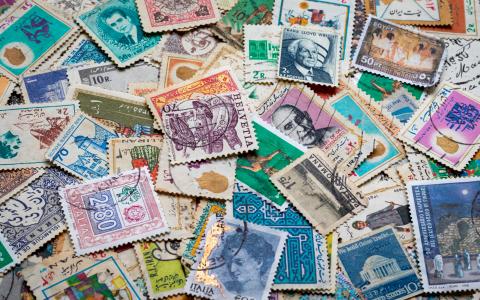
COVID-19 has altered how we spend our time. Most forms of socialization were scaled back or continued virtually. The forced isolation reignited a passion for hobbies and collecting.
While breadmaking, gardening and crafting received the most attention, another trend was emerging. Childhood collections of baseball cards, comic books, video games, sneakers, model trains and Barbie dolls were dusted off and re-examined.
The legacy we leave is not always numbers in a bank account or a piece of property. Artifacts that people collect or create have a value that extends beyond dollars and cents. The importance of hobbies and collections in a person’s estate plan deserves to be highlighted.
A collector or hobbyist must catalogue their collection. An adult child 30 years down the road may not take the time to separate the valuable antique woodworking tools from the wrench picked up at Home Depot. Taking photos on a smart phone and saving them in a sharable file entitled “my antique tool collection” is one way to get started.
After identification, valuation is helpful. Informal valuation may include checking eBay prices or prices for non-eBay auctions on items similar to the ones in your collection.
Collections exist in raw and authenticated formats. Grading services scrutinize many collectibles from trading cards and autographs to coins and comic books. A high grade based on condition often increases the value of a collectible substantially. The cost of grading may be a wise investment for collectors who have acquired higher quality collectibles. Car collectors understand how original parts with corresponding serial numbers impact classic car prices.
Some hobbyists create their own works. Paintings, sculptures and handcrafted furniture are a few examples. A parent that was a professional draftsperson may have, as a hobby, painted original pieces that have real value. Each hobby has their own framework tied to valuation. Imparting this information to your heirs or as instructions in your testamentary documents is important.
Collectibles can be gifted to a trust through gift memorandums and specifically listed on a trust’s Schedule A. If the collectible is a classic car and has a title, the title can be transferred to the trust. Once part of a trust, a collectible can be distributed or maintained the way other trust assets are governed. Trusts avoid probate and allow the collector greater flexibility to control how their collection is handled, appreciated and ultimately sold.
Without specific bequests, simple wills may only mention personal property as a catch-all for non-financial accounts or real estate belonging to the decedent. This means that collectibles are lumped in with clothing, furniture and various household items. An executor unfamiliar with the collection seeking general valuation assistance may not be educated enough to maximize the collection’s value.
There is no guarantee that your heirs will share your enthusiasm for your collection or want to store it indefinitely. Valuation provides a price point, but the act of selling a collection can be time consuming for a trustee or executor.
For many collectors, disposing of an unwanted collection while still alive makes sense. You are the person who understands the market for your collectibles. Obtaining the best prices and allowing your heirs to use the windfall for their individual purposes is the best of both worlds.
This article originally appeared on The Examiner News.



